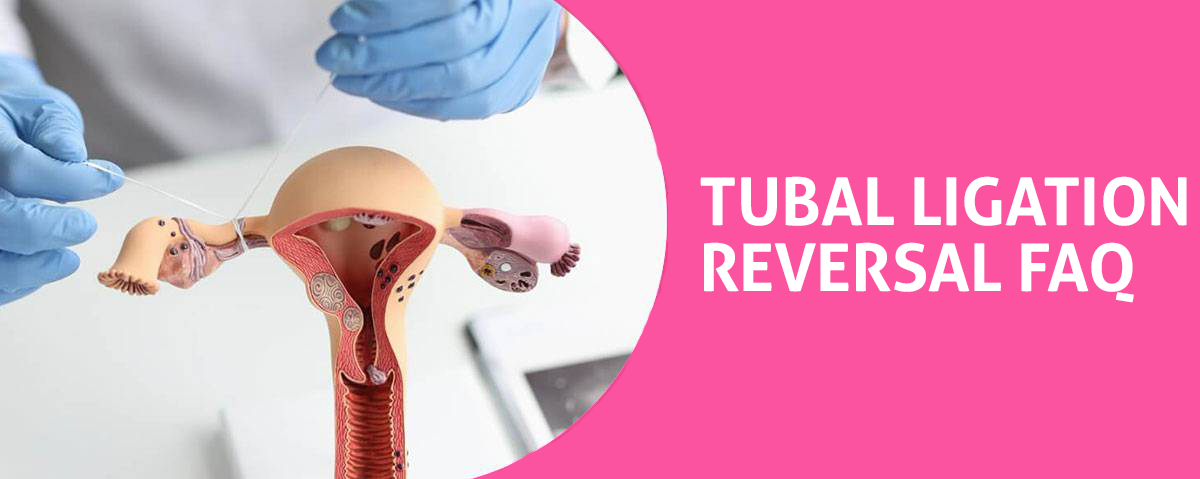Are There Any Laws Regarding When a Woman Can Get Tubal Ligation?
Navigating the world of reproductive rights is like crossing a tightrope in the dark. You’ve probably heard of tubal ligation, but do you know the legal restrictions surrounding it? Are there age or consent laws that could affect your decision? Let’s debunk myths, explore case studies, and delve into the legalities of when a woman can get her tubes tied. By the end, you’ll have a clear understanding of this complex issue.
Legal Restrictions on Tubal Ligation
Legal restrictions typically relate to age limitations and consent requirements. Age limitations vary by country and state; for instance, in some places, you must be at least 21. Consent requirements can also differ. Generally, you’ll need to provide written, informed consent indicating you understand the permanent nature of the procedure. However, in certain cases, such as when a woman’s life is at risk, these restrictions may be waived. It’s critical to consult with a healthcare professional and legal advisor to understand the specifics in your location. Legal restrictions on tubal ligation are designed to protect your rights and ensure you make an informed decision.
Case Studies: Tubal Ligation Laws
How do laws about tubal ligation play out in real-life scenarios, you might wonder? Let’s delve into some case studies to see how these laws interact with ethical debates and consent issues. In several instances, women have faced barriers to obtaining a tubal ligation due to hospital policies influenced by religious beliefs. This sparks ethical debates since hospitals, while private entities, serve the public and arguably should respect patient autonomy. Consent issues also arise when women are denied the procedure due to age or lack of children, as it implies their decisions about their bodies are not respected. These cases highlight the need for laws that balance individual rights, ethical beliefs, and societal responsibility in the context of tubal ligation.
Debunking Tubal Ligation Myths
While you might’ve heard a lot of myths about tubal ligation, it’s important to separate fact from fiction before making any decisions about this procedure. One common myth is that the procedure risks are excessively high. In reality, complications are rare, and most women recover quickly with appropriate aftercare measures. Another myth suggests that tubal ligation leads to early menopause. Scientific studies show no correlation between the procedure and onset of menopause. Lastly, some believe it’s irreversible. While it’s not easy, reversal is possible, but it carries no guarantee of restored fertility. It’s crucial to have a thorough discussion with your healthcare provider to understand the facts and debunk myths about tubal ligation.
Other Popular Questions About Tubal Ligation Reversal:
How Dangerous Is Tubal Ligation?
How Common Is Weight Gain After Tubal Ligation?
How Common Is Tubal Ligation Failure?
How Common Is Regret After Tubal Ligation?
How Common Is Recanalization After Tubal Ligation?
How Common Is It to Get Pregnant 7 Years After a Tubal Ligation?
How Can You Tell if Your Tubal Ligation Failed?
How Can You Still Have Periods After Tubal Ligation Anatomy?
How Can You Have a Period After Tubal Ligation?
How Can I Tell What Type of Tubal Ligation I Had?
How Can I Reverse Tubal Ligation?
How Can I Prevent Early Menopause After Tubal Ligation?
By using this webiste you agree to Terms and Conditions
